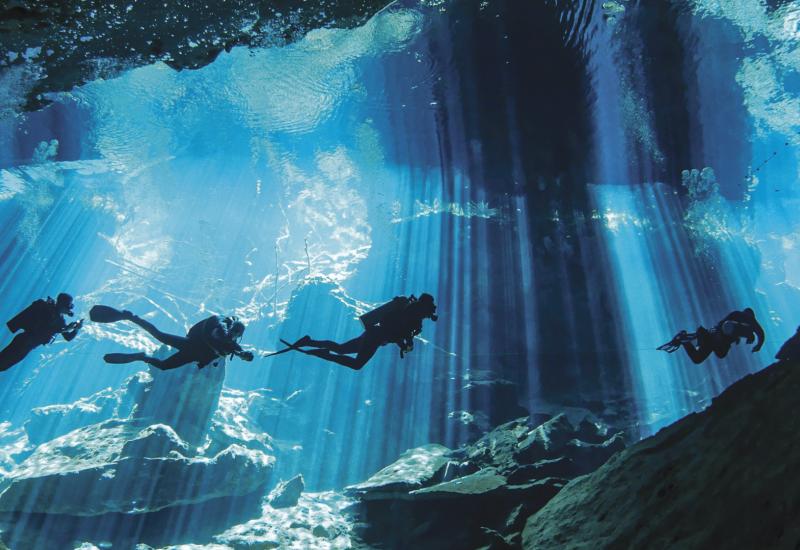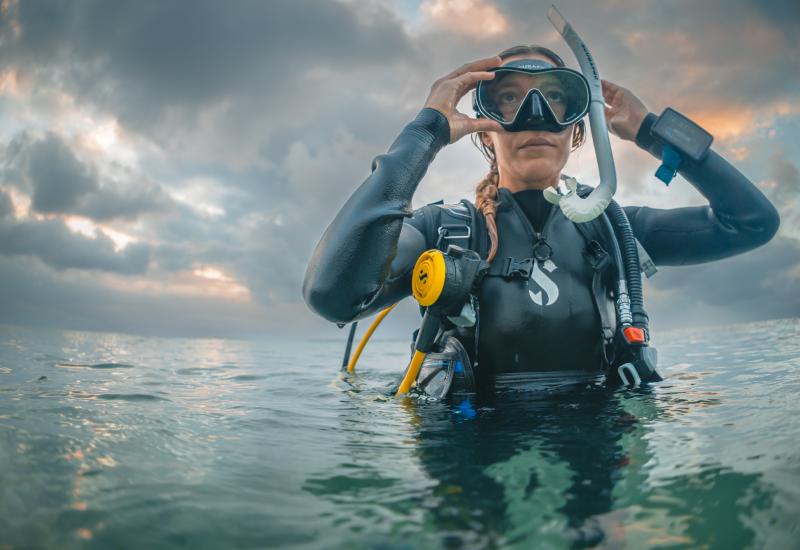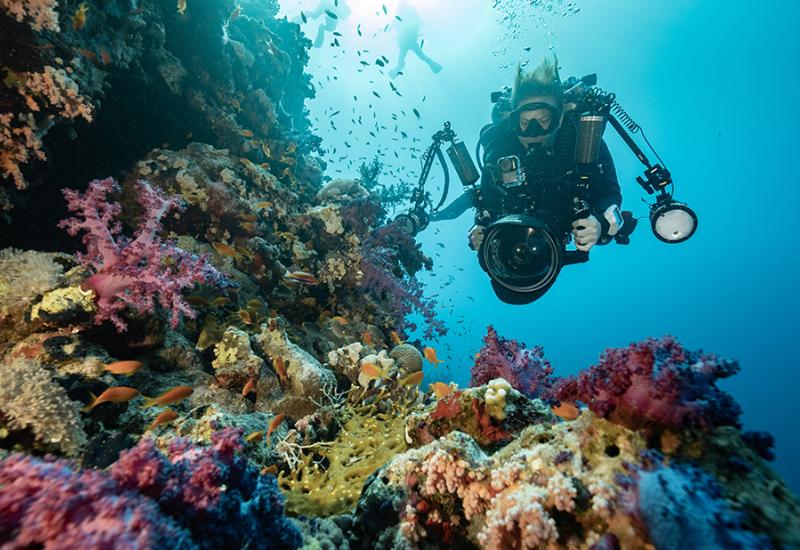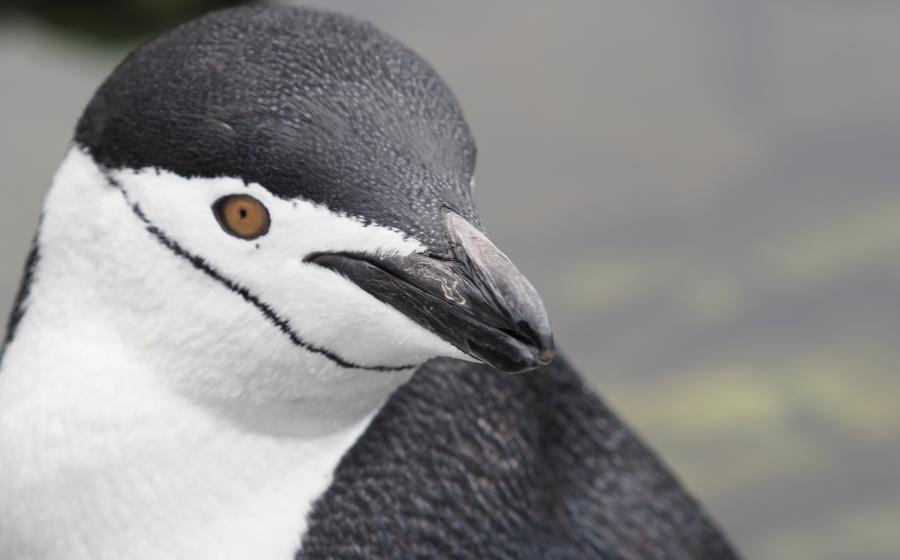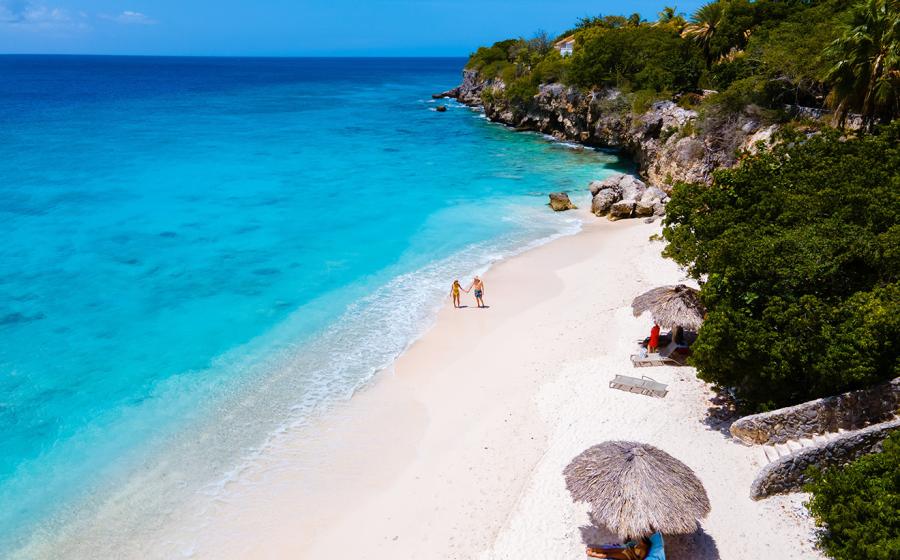Should We Allow Commercial Whaling?
Under specific scientific oversight, commercial whaling promotes true conservation
By Dr. Janice Henke
The International Convention for the Regulation of Whaling states that any nation intending to take whales should undertake scientific research in order to discover if any proposed harvest could be done in a sustainable manner. Sustainability of harvest is the original and only goal of the ICRW; in part, the preamble says as much: “Having decided to conclude a convention to provide for the proper conservation of whale stocks and thus make possible the orderly development of the whaling industry.” In addition, Article V of the convention mandates that any changes to its schedule –– i.e. changes to the rules that members must follow –– must be “such as are necessary to carry out the objectives and purposes of this Convention and to provide for the conservation, development and optimum utilization of the whale resources …[and] shall be based on scientific findings.”
Japan’s goals are to document the age profiles, fertility and nutritional health of whale species over time, so trends in population status might be well known and sustainable quotas might be determined. Data necessary for such analysis cannot be collected by documenting the number of whales seen during a six-week study, by gathering floating whale feces, or collecting skin and blubber samples via darting techniques.
Australia has been conducting a “conservation” study in order to indicate that whale research can be done without killing the animals. Unfortunately, the Australian study likely won’t result in any useful information on species trends over time, and will offer only meager data on current population status. Since 1987, Japanese research, in contrast, has resulted in well-documented age profiles of Southern Ocean minke and fin whales, which indicate the populations are growing –– as a high percentage of each are young animals –– with high reproductive potential. These data on age and fertility can be obtained only through lethal research.
The International Whaling Commission’s mission statement is to promote the sustainability of whale harvesting, not the cessation of whaling. Japan is the only IWC member currently petitioning to resume commercial whaling for food. (Norway and Iceland are exempt from the IWC ban on commercial whaling because they chose to file objections to the moratorium, which was their right.) There is no scientific justification for refusing them the right to use certain whales and to distribute the products in their own markets. Japan already legally conducts scientific research of certain whale species off its own coasts.
Today, the Japanese use DNA oversight techniques to identify each animal by species, sex and the stock to which it belongs. All whale landings are entered into an internationally available database so that any meat or other product may be traced to the recorded landing of a particular individual. Japan has never cheated IWC rules and proposes to take minkes off its own coast, along with Antarctic minkes, fins and humpbacks for sale in domestic markets, to ensure food and job security. Harvest of Antarctic minke whales would likely enhance the recovery of blues, which are now in competition with the much more abundant minkes for krill.
Conservation has been defined as the wise use of natural resources. Conservation of whales can be achieved through relevant population and ecological research, with subsequent harvest that is conservative in scope, so that no whale stocks shall be diminished by that use. The world should encourage commercial whaling under strict international scientific oversight, especially because it would be concurrent with ongoing biological evaluation of all the components of our changing environment. *With excerpts from Jan/Feb IWMC.org World Conservation Trust newsletter.
Anthropologist Dr. Janice Henke is North American VP of IWMC ( www.iwmc.org), which advocates sustainable use of natural resources.
Commercial whaling serves no role in sustainable development or poverty reduction
By John Frizell
The 20th century was a disaster for whales, so much so that when the International Whaling Commission was established in 1946, its founding treaty noted: “Considering that the history of whaling has seen overfishing of one area after another and of one species of whale after another to such a degree that it is essential to protect all species of whales from further overfishing.”
Despite this clear recognition of the problem, the IWC failed to address it. When it attempted to manage the blue whale, which is the largest and most commercially valuable of the species, the IWC ignored scientific advice and gave in to pressure from the whaling industry. When a ban was agreed, whalers objected and continued hunting. Even after the objections were withdrawn, illegal and unreported kills continued.
That was 40 years ago. Three months ago, an Australian-led research expedition using nonlethal techniques to study whales returned from the Antarctic. The scientists reported that blue whales are now only at about 2 percent of their abundance prior to whaling.
Although the blue whale provided a clear example of unsustainable practices, the whaling industry operating under IWC “management” plans went on to deplete the fin, humpback and sei whales of the Antarctic, and other populations worldwide. They did so because whales grow slowly, and more money was to be made by catching them quickly than by opting for a sustainable take.
The same month the researchers returned from the Antarctic another international body, the Convention on International Trade in Endangered Species, considered a trade ban on bluefin tuna. The ban would have ended the shipment of these fish to markets halfway around the world where a single fish can sell for tens of thousands of dollars. It was backed by the secretariat of CITES and scientific bodies, because the population of this slow-growing fish has already fallen to 15 percent of its abundance in the 1960s, and commercial extinction is predicted if legal fishing and illegal, unreported takes continue. But Japan, the primary beneficiary of exports, bitterly opposed the listing, mounted a huge lobbying operation and defeated the proposal.
Although the behavior of exploiters has not changed, the oceans have. Whales now face multiple threats from toxics, global warming, noise, overfishing, entanglement in fishing gear and ship strikes in addition to harpoons. Most of these we have little control over, but for whaling we do. We can choose not to do it.
Whaling brings no conservation benefits to whales or the oceans, and has no role to play in the world economy, in sustainable development or in poverty reduction. We need to make the 21st century a century of whale protection, to provide populations a chance to recover. If, at the end of the 21st century the world’s oceans are as filled with whales as they were at the start of the 20th, then our descendents will thank us and salute our wisdom for saving these magnificent creatures.
John Frizell is a Greenpeace oceans campaigner who has been working on whale conservation since 1976.
Under specific scientific oversight, commercial whaling promotes true conservation
By Dr. Janice Henke
The International Convention for the Regulation of Whaling states that any nation intending to take whales should undertake scientific research in order to discover if any proposed harvest could be done in a sustainable manner. Sustainability of harvest is the original and only goal of the ICRW; in part, the preamble says as much: “Having decided to conclude a convention to provide for the proper conservation of whale stocks and thus make possible the orderly development of the whaling industry.” In addition, Article V of the convention mandates that any changes to its schedule –– i.e. changes to the rules that members must follow –– must be “such as are necessary to carry out the objectives and purposes of this Convention and to provide for the conservation, development and optimum utilization of the whale resources …[and] shall be based on scientific findings.”
Japan’s goals are to document the age profiles, fertility and nutritional health of whale species over time, so trends in population status might be well known and sustainable quotas might be determined. Data necessary for such analysis cannot be collected by documenting the number of whales seen during a six-week study, by gathering floating whale feces, or collecting skin and blubber samples via darting techniques.
Australia has been conducting a “conservation” study in order to indicate that whale research can be done without killing the animals. Unfortunately, the Australian study likely won’t result in any useful information on species trends over time, and will offer only meager data on current population status. Since 1987, Japanese research, in contrast, has resulted in well-documented age profiles of Southern Ocean minke and fin whales, which indicate the populations are growing –– as a high percentage of each are young animals –– with high reproductive potential. These data on age and fertility can be obtained only through lethal research.
The International Whaling Commission’s mission statement is to promote the sustainability of whale harvesting, not the cessation of whaling. Japan is the only IWC member currently petitioning to resume commercial whaling for food. (Norway and Iceland are exempt from the IWC ban on commercial whaling because they chose to file objections to the moratorium, which was their right.) There is no scientific justification for refusing them the right to use certain whales and to distribute the products in their own markets. Japan already legally conducts scientific research of certain whale species off its own coasts.
Today, the Japanese use DNA oversight techniques to identify each animal by species, sex and the stock to which it belongs. All whale landings are entered into an internationally available database so that any meat or other product may be traced to the recorded landing of a particular individual. Japan has never cheated IWC rules and proposes to take minkes off its own coast, along with Antarctic minkes, fins and humpbacks for sale in domestic markets, to ensure food and job security. Harvest of Antarctic minke whales would likely enhance the recovery of blues, which are now in competition with the much more abundant minkes for krill.
Conservation has been defined as the wise use of natural resources. Conservation of whales can be achieved through relevant population and ecological research, with subsequent harvest that is conservative in scope, so that no whale stocks shall be diminished by that use. The world should encourage commercial whaling under strict international scientific oversight, especially because it would be concurrent with ongoing biological evaluation of all the components of our changing environment. *With excerpts from Jan/Feb IWMC.org World Conservation Trust newsletter.
Anthropologist Dr. Janice Henke is North American VP of IWMC ( www.iwmc.org), which advocates sustainable use of natural resources.
Commercial whaling serves no role in sustainable development or poverty reduction
By John Frizell
The 20th century was a disaster for whales, so much so that when the International Whaling Commission was established in 1946, its founding treaty noted: “Considering that the history of whaling has seen overfishing of one area after another and of one species of whale after another to such a degree that it is essential to protect all species of whales from further overfishing.”
Despite this clear recognition of the problem, the IWC failed to address it. When it attempted to manage the blue whale, which is the largest and most commercially valuable of the species, the IWC ignored scientific advice and gave in to pressure from the whaling industry. When a ban was agreed, whalers objected and continued hunting. Even after the objections were withdrawn, illegal and unreported kills continued.
That was 40 years ago. Three months ago, an Australian-led research expedition using nonlethal techniques to study whales returned from the Antarctic. The scientists reported that blue whales are now only at about 2 percent of their abundance prior to whaling.
Although the blue whale provided a clear example of unsustainable practices, the whaling industry operating under IWC “management” plans went on to deplete the fin, humpback and sei whales of the Antarctic, and other populations worldwide. They did so because whales grow slowly, and more money was to be made by catching them quickly than by opting for a sustainable take.
The same month the researchers returned from the Antarctic another international body, the Convention on International Trade in Endangered Species, considered a trade ban on bluefin tuna. The ban would have ended the shipment of these fish to markets halfway around the world where a single fish can sell for tens of thousands of dollars. It was backed by the secretariat of CITES and scientific bodies, because the population of this slow-growing fish has already fallen to 15 percent of its abundance in the 1960s, and commercial extinction is predicted if legal fishing and illegal, unreported takes continue. But Japan, the primary beneficiary of exports, bitterly opposed the listing, mounted a huge lobbying operation and defeated the proposal.
Although the behavior of exploiters has not changed, the oceans have. Whales now face multiple threats from toxics, global warming, noise, overfishing, entanglement in fishing gear and ship strikes in addition to harpoons. Most of these we have little control over, but for whaling we do. We can choose not to do it.
Whaling brings no conservation benefits to whales or the oceans, and has no role to play in the world economy, in sustainable development or in poverty reduction. We need to make the 21st century a century of whale protection, to provide populations a chance to recover. If, at the end of the 21st century the world’s oceans are as filled with whales as they were at the start of the 20th, then our descendents will thank us and salute our wisdom for saving these magnificent creatures.
John Frizell is a Greenpeace oceans campaigner who has been working on whale conservation since 1976.

